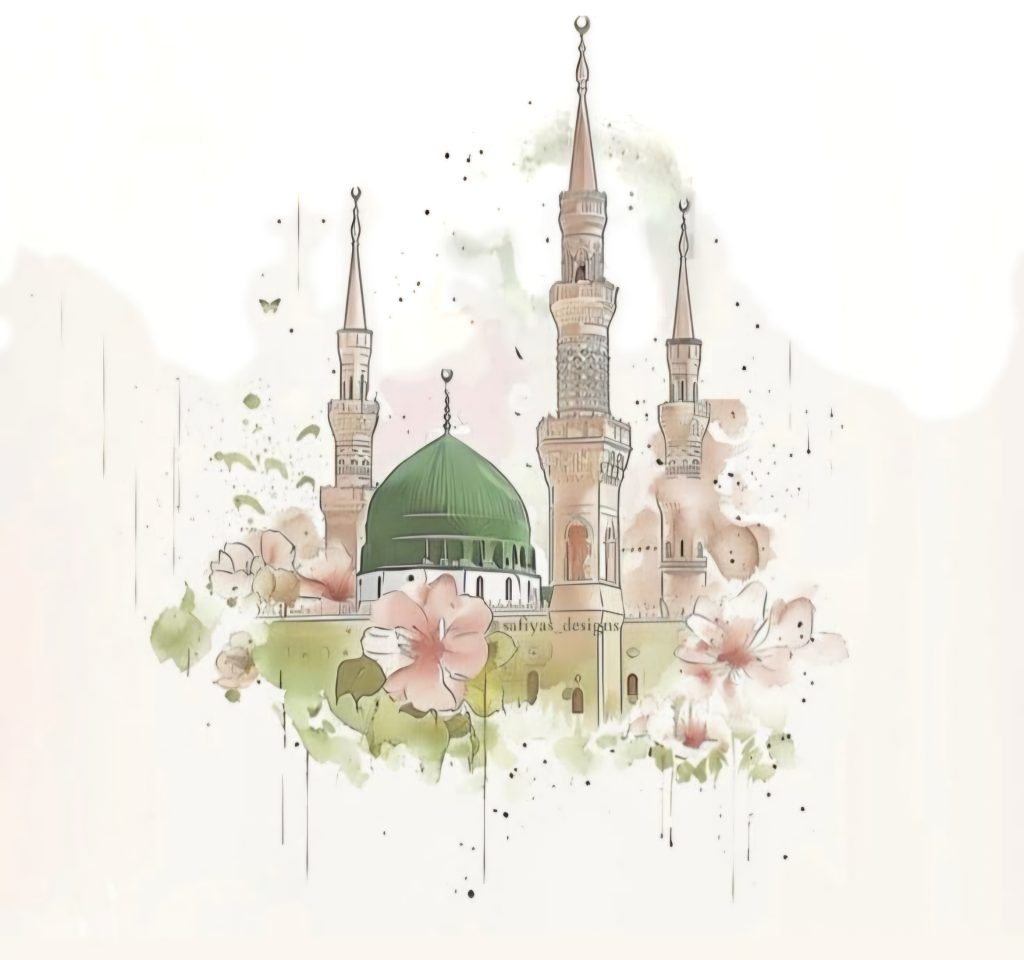Reflecting on the teachings of the Prophet of Mercy (PBUH) reveals clear answers to many of today’s family challenges—from the necessity of mutual respect between husband and wife to the roles of love, kindness, and patience in maintaining a peaceful home and a lasting marriage.
1. Encouragement to Marry and Mutual Respect
The Prophet always emphasized the importance of forming families, saying: “Most of those who will be in Hell are the unmarried.” He urged men to honor their wives, stating: “Only a lowly person insults women, and only a noble person honors them.”
2. Open Affection: The Secret to Lasting Relationships
He advised men: “When a husband tells his wife ‘I love you,’ it never leaves her heart.” To women, he highlighted: “Heavenly women are loyal, peace-seeking, and forgiving.”
3. Harsh Words Undermine Worship
The Prophet warned: “A man who harms his wife with his tongue will not have his worship accepted, even if he fasts all day and prays all night.”
4. Love for One’s Spouse as a Sign of Faith
He considered love for one’s spouse a part of faith and encouraged men to maintain good personal grooming and care so that their wives would not grow weary of them.
5. Neither Violence Nor Unjust Estrangement
The Prophet cautioned: “A man who strikes his wife will receive seventy lashes of fire in the afterlife.” He was astonished by men who abused their wives despite deserving better treatment themselves.
6. Blessing in Modest Dowry and Proper Maintenance
He said: “One of the blessings of a wife is a modest dowry.” He criticized men who were financially able but were harsh toward their families.
7. Avoiding Privacy with Non-Mahram and Excess in Luxury
The Prophet warned: “No man should be alone with a non-mahram woman, for Satan will be the third among them.” He also advised women against excessive adornment and wearing overly expensive clothing.
A Brief Reflection
Could many of today’s conflicts and divorces stem from neglecting these very principles? Returning to these timeless recommendations may be the first step toward healing and rebuilding family bonds.
Dr. Yaser Taher Rahimi


